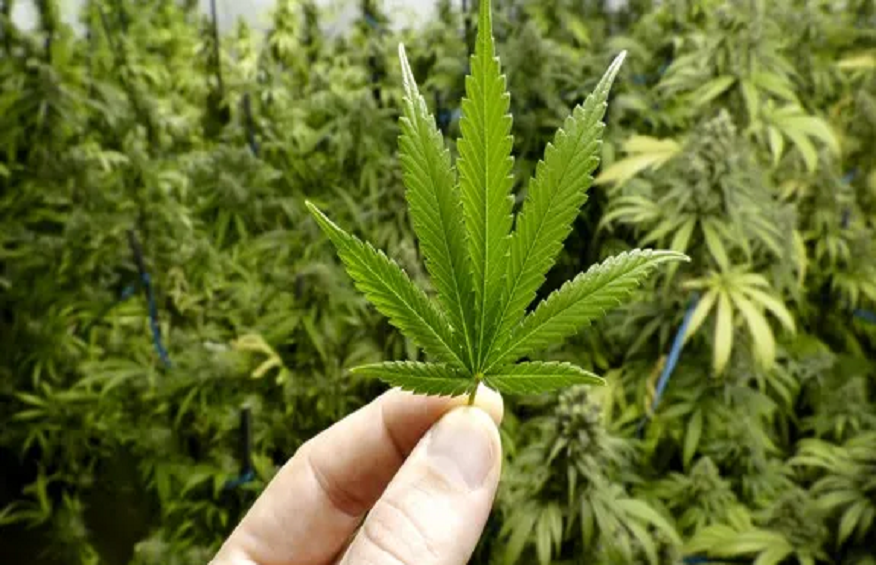States with legal recreational marijuana have generated billions in tax receipts over the last eight years or so. In 2022 though, cumulative tax receipts declined for the first time since 2014. This, despite the fact that numerous states just got on board with recreational marijuana in 2022. Any guesses as to why?
We can only speculate, but there may be a clue hidden in a Marijuana Policy Project report released in May 2023. The report shows that states with newer recreational marijuana programs generate more tax receipts than those with older programs.
Down by $100 Million
The report in question shows cumulative marijuana tax receipts of roughly $15 billion between 2014 and 2022. New Jersey, New Mexico, and a number of other states first opened their doors to recreational marijuana in 2022. That being the case, it is reasonable to expect the tax revenues would climb. But they fell. In 2022, revenues came in at just $3.8 billion – $100 million less than the year before.
According to the report, the top five states in total recreational marijuana tax revenues in 2022 were:
- California – $1,074,560,287
- Illinois – $562,119,019
- Washington – $529,443,42
- Michigan – $326,049,074
- Colorado – $305,034,034
Seeing California at the top of the list is not surprising. The state’s population and historically liberal marijuana laws make it one of the clear leaders on a state-by-state basis. And yet, it is no secret that California’s illicit market dwarfs its legal market. And guess what? States don’t reap any tax receipts from the illicit market.
Users Only Care About the Pot
Lawmakers and cannabis advocates alike make the fatal mistake of assuming that consumers will always do the right thing when it comes to marijuana consumption. They won’t. When push comes to shove, users only care about getting their pot. They care about getting it in the cheapest and most convenient way.
In states with newer recreational programs, there is always a rush to buy from legal dispensaries just because people can. It is a novelty thing. But it doesn’t take long before consumers realize they can buy cheaper on the street. That is exactly what they do. The majority of recreational consumers are not pot connoisseurs looking to try all the latest strains and sit around discussing the nuances in pot lounges. They are content to buy cheap weed, take it home, and smoke it.
Consequently, tax revenues fall as a state’s recreational pot program ages. That explains why overall revenues fell in 2022 despite several states getting on board for the first time.
Different in Medical-Only States
It would be interesting to note if tax receipt trends were different in medical-only states like Utah. There is no doubt that Utah has its own illicit market. But it is also possible that the desire to remain legal compels the vast majority of medical cannabis card holders to make their purchases at licensed dispensaries.
Utahmarijuana.org, an organization that assists in the process of obtaining a medical cannabis card, says Utah has licensed just 15 dispensaries to serve the entire state. There may be a black market supporting patients who don’t live within a reasonable distance of one. But we don’t really know the extent to which the black market impacts the Beehive State.
At any rate, recreational marijuana tax receipts fell in 2022 for the first time in eight years. It is a trend worth keeping an eye on. If it persists, it offers further evidence that legalization has not stunted the illicit market. It might even be helping the illicit market thrive.





